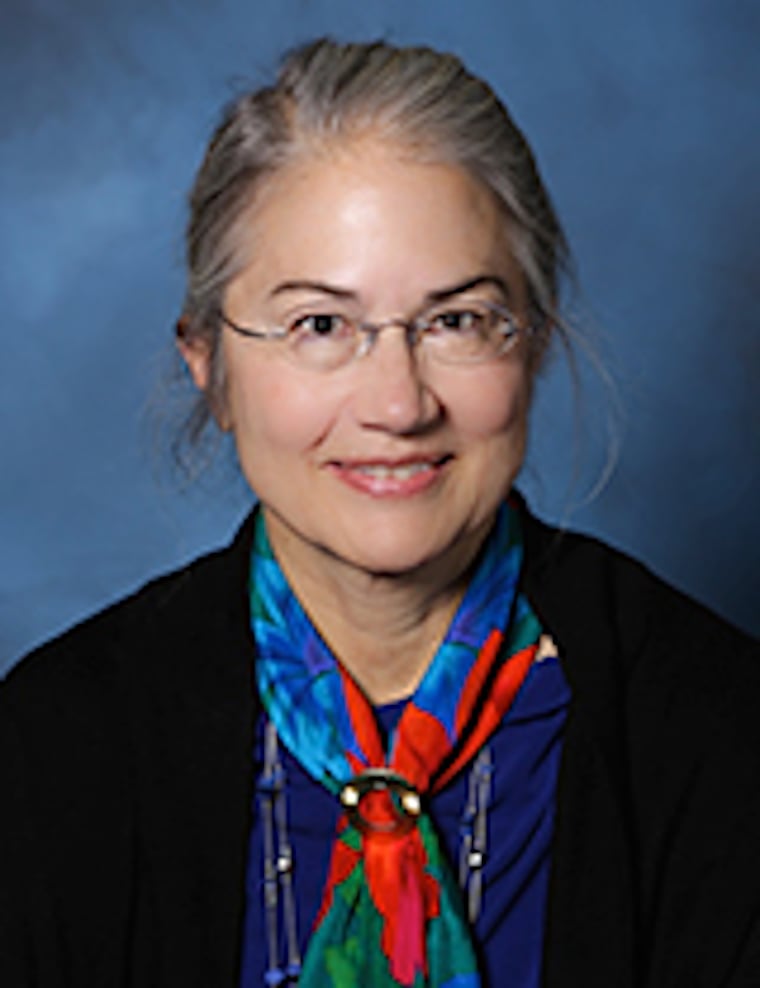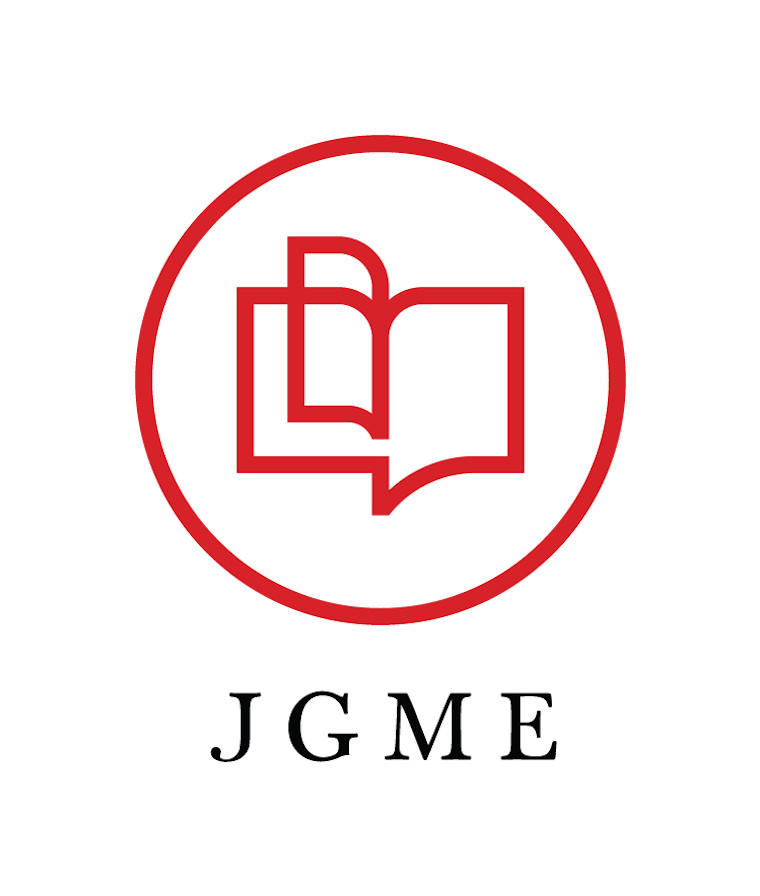Beginning in 2021 and going forward, the Journal of Graduate Medical Education (JGME) will be a completely open-access journal. What does this mean, and why is it such an important step for JGME? We spoke to JGME Editor-in-Chief Dr. Gail Sullivan to get her perspective on why this move is so significant for both the journal and the ACGME.
A fully open-access journal provides free online content as soon as it is published. Readers do not need a subscription, nor are they required to pay a fee to read full articles. As Dr. Sullivan notes, JGME had been moving toward this goal for a while. Before this year, non-research articles were already free to view at publication, with research papers opening up to the public after one year. Designated institutional officials and program directors at ACGME-accredited institutions and programs, as well as anyone subscribed to PubMed, also had access to our content. Finally, those lacking in resources could always gain access if they asked, but would have needed to take the initiative, and they may not have known to do so. So, as Dr. Sullivan says, “We always wanted to be completely open access in spirit.”
However, while JGME had been moving incrementally toward this goal, some barriers remained. “Many people arriving to JGME through an online search, or trying to access a recent research article appearing on Twitter, could encounter a paywall,” notes Dr. Sullivan. “If they did not have access to PubMed or a journal subscription, it is unlikely that they would come back to us in a year when the article was made available.”
Free access to JGME had always been a benefit that ACGME enjoyed providing to accredited programs and institutions. This is indeed the standard model for societies and associations throughout medicine that sponsor journals, and some would argue that the perceived value of any service increases when payment is required. However, the larger ACGME mission of improving health care and population health, particularly through education, required that the journal also look at how it could better serve the GME community as a whole.
This was not so much a recent paradigm shift as it was a full realization of the original ideas behind creating the journal 11 years ago. According to Dr. Sullivan, “the ACGME clearly had this in mind from the start, knowing there was a great need to produce evidence. Now, the best way to provide new knowledge might be to fund educational research, as the ACGME had jointly funded research on duty hours. But that’s enormously expensive and would be adding a huge extra administrative role. So, what else can you do? You can provide a venue for research. And you can provide editors who can help authors and consumers understand the research. So, it was a very altruistic move back in 2009 for the ACGME to say, ‘OK we’re going to help these programs. They need information. We’ll provide a place for that information to get disseminated.’ And through a journal with an editorial board of experts, you can really up the quality of the evidence, which is what we’ve seen.” Dr. Sullivan adds that the need to easily and quickly disseminate new ideas and research came into even sharper focus as the COVID-19 pandemic unfolded.
Thankfully, ACGME President and Chief Executive Officer Dr. Thomas J. Nasca and the ACGME Board of Directors were supportive in fully realizing this move. And while other open-access journals do exist in medicine and education, many of them charge submission and publication fees to their authors. JGME does not. As Dr. Sullivan reports, “The JGME Editorial Board is absolutely thrilled, as well as extremely grateful, that the ACGME publishing model for this journal is completely altruistic and not for profit. This is a service that the ACGME wants to provide. It’s unusual, and it’s fantastic.”
Finally, and perhaps most importantly at this time, JGME’s decision to go fully open access reflects a greater commitment on the part of the ACGME toward increased diversity, equity, and inclusion. The upcoming February issue will not only feature the first collection of articles received in response to JGME’s Call for Papers on Diversity, Equity, and Inclusion, but it will also be the first issue released with no financial barrier to its content and open to all individuals and institutions regardless of resource level. As Dr. Sullivan says, “This move brings us to a place where anyone who has a need in the graduate medical education space, and who finds an article, can access it. The ACGME deserves big credit.”
JGME will formally announce the change to its readers with an editorial in the February 2021 issue. However, the move has already gone into effect, and JGME invites you to explore all of its previous issues online.
Guest blogger Kevin Gladish is an editorial associate on the staff of the Journal of Graduate Medical Education and a program associate with the ACGME Field Activities staff in the Department of Accreditation, Recognition, and Field Activities. He’s been at the ACGME since 2016, and is also a performer, writer, and storyteller.




